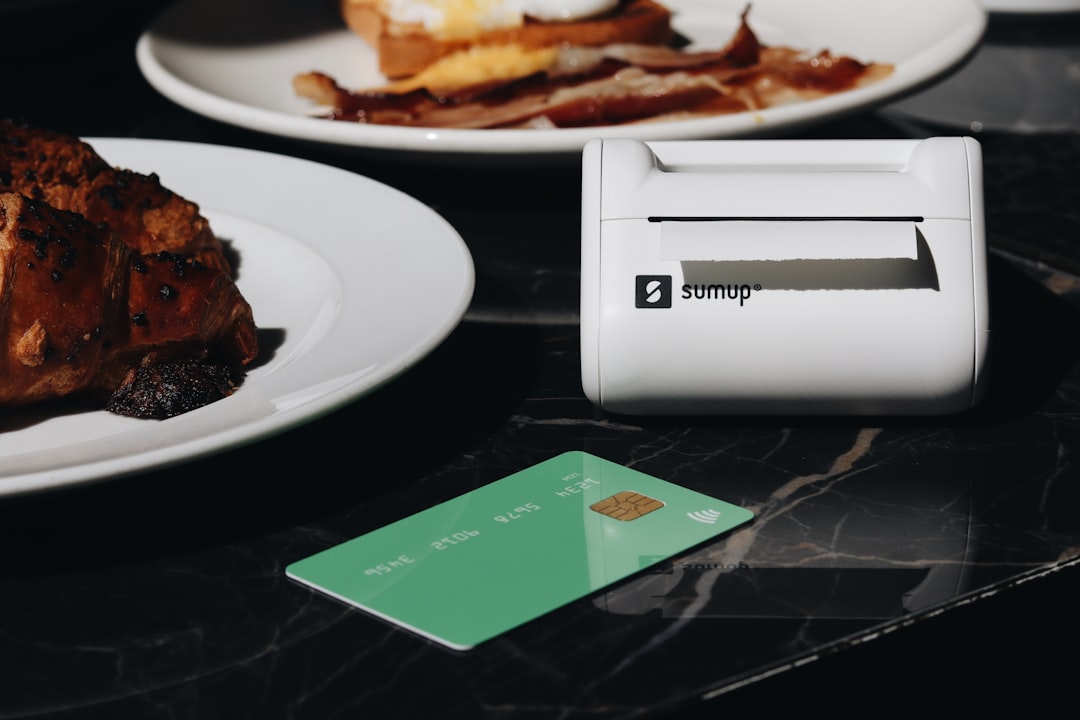Florida's strict robocall laws aim to protect residents from intrusive automated calls, driving demand for advanced call-blocking tools. With a surge in unwanted robocalls targeting the state's bustling business and tourism scene, Floridians are turning to user-friendly apps utilizing AI technology to manage call blocks and customize settings. High-quality blocking apps not only silence nuisance calls but also provide insights into call patterns, empowering residents to protect their privacy under Florida's regulations. This proactive approach, coupled with evolving robocall laws nationwide leveraging AI and machine learning, ensures dynamic protection against robocalls in a constantly changing digital landscape.
In Florida, as across the nation, robocalls have become a ubiquitous yet unwanted nuisance. With the state’s strict robocall laws aiming to protect residents from unsolicited calls, many Floridians are turning to robocall blocking tools for relief. This article delves into the growing popularity of these tools, examines Florida’s legal framework surrounding robocalls, explores top-rated apps, assesses their effectiveness in compliance with state law, and discusses future trends in consumer protection against these pervasive calls.
Understanding Robocalls and Florida's Legal Framework

Robocalls, automated phone calls that deliver pre-recorded messages, have become a ubiquitous yet often unwanted part of modern communication. While they can be used for legitimate purposes like reminders and alerts, robocalls are frequently associated with telemarketing, scams, or political campaigns. In Florida, as in many states, the use of these automated calls is regulated by specific laws aimed at protecting residents from intrusive and deceptive practices.
The robocall laws in Florida, like those across the nation, primarily revolve around consumer privacy and consent. The Telephone Consumer Protection Act (TCPA) forms the legal framework, dictating how businesses and organizations can contact consumers via automated means. This includes restrictions on calling certain phone numbers without prior express consent and requirements for opt-out mechanisms. Florida’s implementation of these federal laws grants residents additional protections against unwanted robocalls, ensuring a quieter and safer communication environment.
The Rise of Robocall Blocking Tools in Florida

In recent years, the prevalence of unwanted robocalls has led many Floridians to seek effective solutions for protection against these persistent intrusions. As a response, robocall blocking tools have gained immense popularity across the state, empowering residents to regain control over their phone lines. The rise in robocall volumes, often driven by automated marketing and fraudulent schemes, has prompted Florida’s regulatory bodies to implement stricter robocall laws, further fueling the demand for robust call-blocking technology.
Florida’s unique position as a bustling hub for both business and tourism makes it an attractive target for robocaller activities. As such, locals have taken matters into their own hands, adopting cutting-edge tools that can identify and block these nuisance calls. This shift towards user-driven solutions reflects the changing landscape of telecommunications, where individuals are increasingly proactive in shielding themselves from unwanted communication, especially in light of evolving robocall laws aimed at curbing fraudulent activities.
Top-Rated Robocall Blocking Apps for Floridians

In today’s digital era, robocalls have become a persistent nuisance for many Floridians, prompting a surge in the popularity of blocking apps designed to combat this issue. The state of Florida has specific laws and regulations in place to protect residents from unwanted telemarketing calls, emphasizing the need for effective robocall blocking tools. Among the top-rated options available are applications that utilize advanced AI technologies to identify and block these automated calls before they reach your phone.
These apps offer a user-friendly interface, allowing Floridians to easily manage their call blocks and customize settings according to their preferences. With a simple tap or swipe, users can silence unwanted robocalls from political campaigns, sales companies, or even fraudulent schemes. The best-in-class blocking apps also provide insights into call patterns, helping residents stay informed about the types of automated calls they receive and take proactive measures to protect their privacy.
How Effective Are These Tools in Compliance with Florida Law?

Robocall blocking tools have gained significant popularity in Florida, driven by the state’s strict robocall laws aimed at protecting residents from unwanted automated calls. These tools are designed to filter and block robocalls, ensuring compliance with Florida’s regulations. Their effectiveness lies in using advanced algorithms to identify and block calls based on patterns, numbers, and other characteristics.
In terms of compliance, these tools play a crucial role in helping Floridians stay ahead of the curve. Florida’s laws empower residents to take action against intrusive robocalls, and blocking tools provide a practical solution. By leveraging technology, users can prevent unwanted calls from reaching their phones, thereby reducing frustration and ensuring they remain in control of their communication preferences.
Future Trends: Enhancing Consumer Protection Against Robocalls

As technology evolves, so do the methods used by telemarketers and scammers, making it a constant challenge to stay ahead in the battle against robocalls. However, future trends in consumer protection against robocalls look promising. One key area of focus is strengthening robocall laws in Florida and across the nation. With advancements in artificial intelligence (AI) and machine learning, there’s an opportunity to create more sophisticated systems that can accurately identify and block unwanted calls. These technologies can analyze call patterns, detect anomalies, and adapt to new tactics used by scammers, ensuring a more robust defense for consumers.
Additionally, the integration of advanced data analytics can provide valuable insights into call sources and destinations, enabling quicker response times from blocking tools. By leveraging consumer feedback and real-time data, future systems will be able to offer dynamic protection against emerging robocall trends. This includes adapting to new call types like vishing (voice phishing) and smishing (SMS phishing), which often go hand in hand with robocalls, ensuring that Florida residents and visitors alike remain protected in an ever-changing digital landscape.






